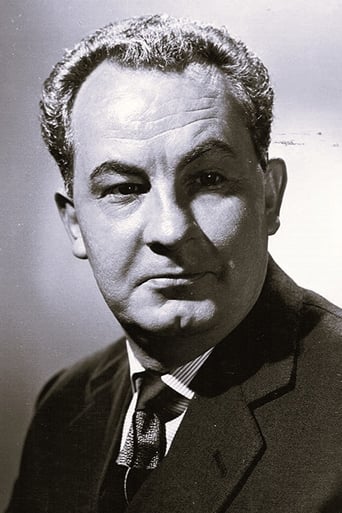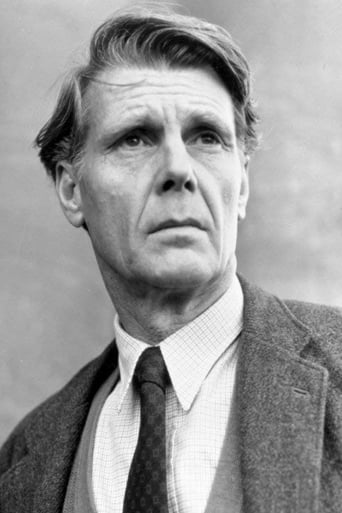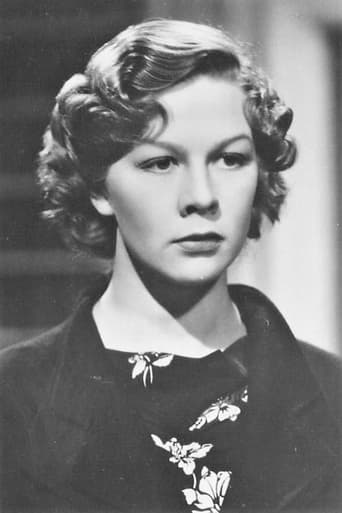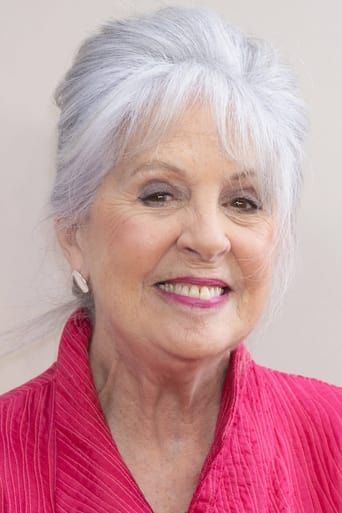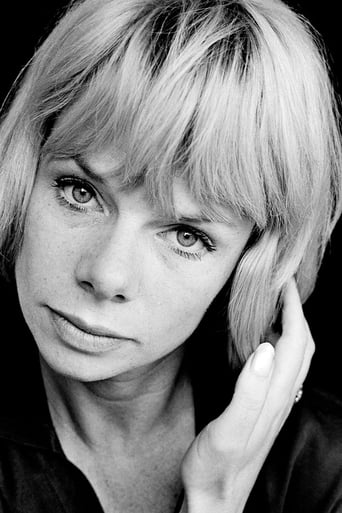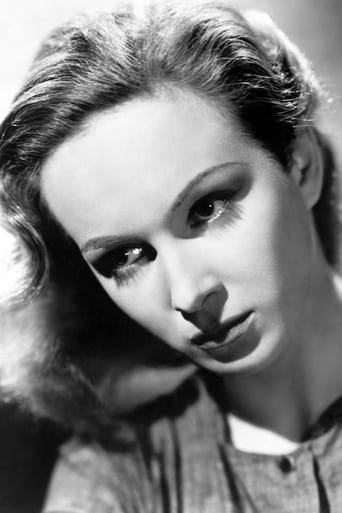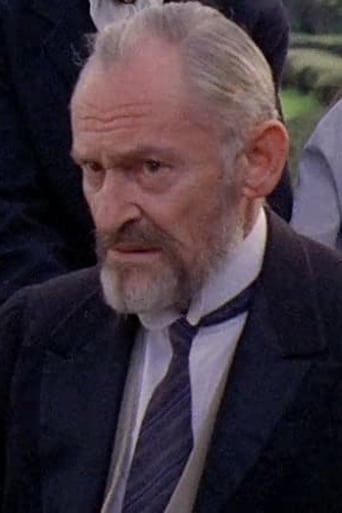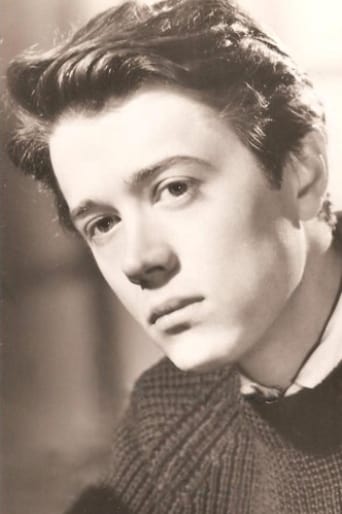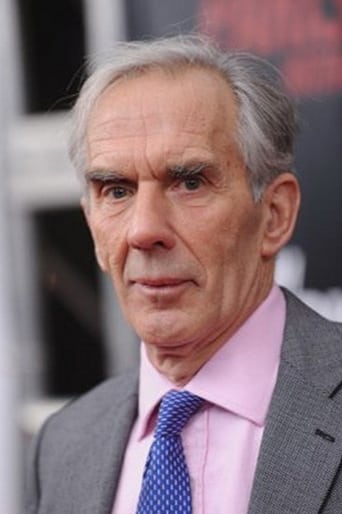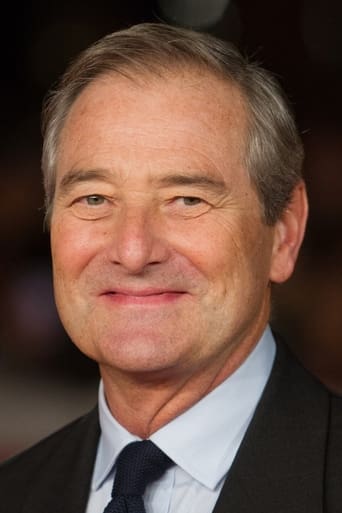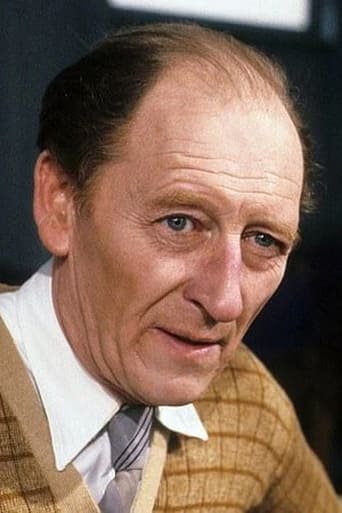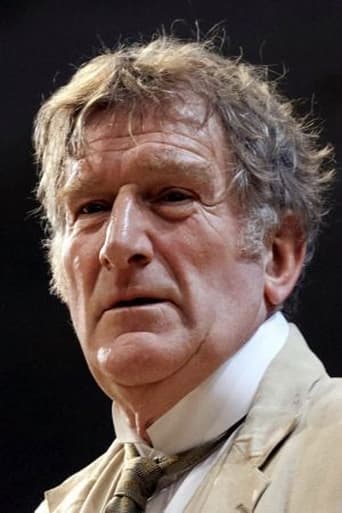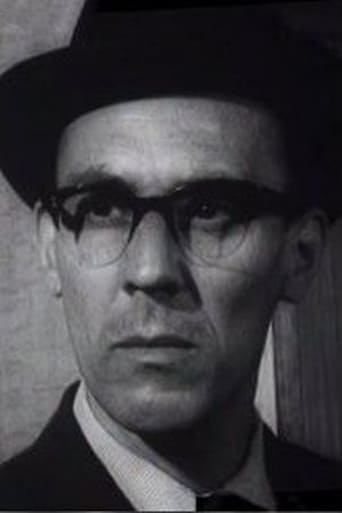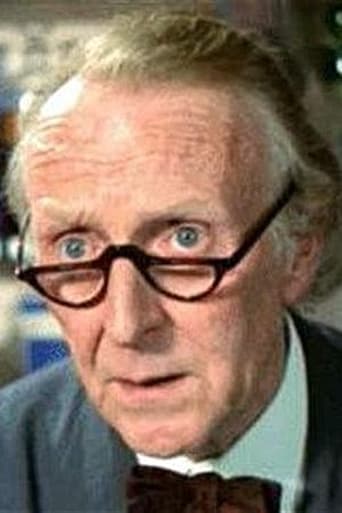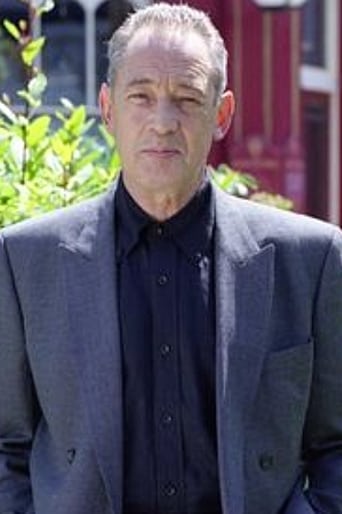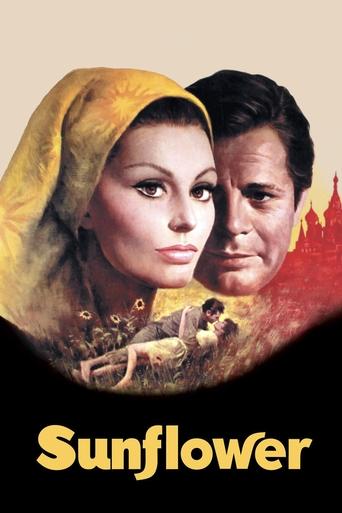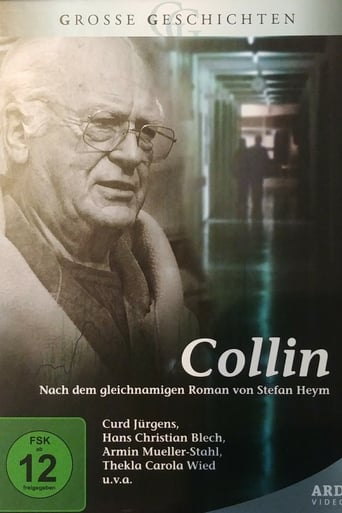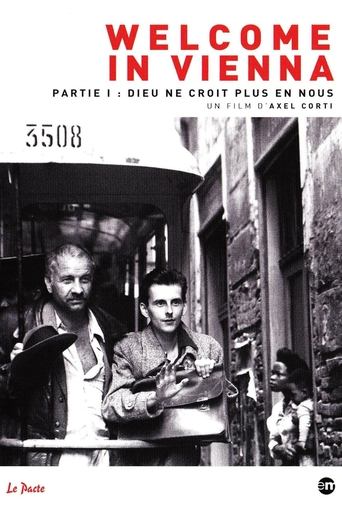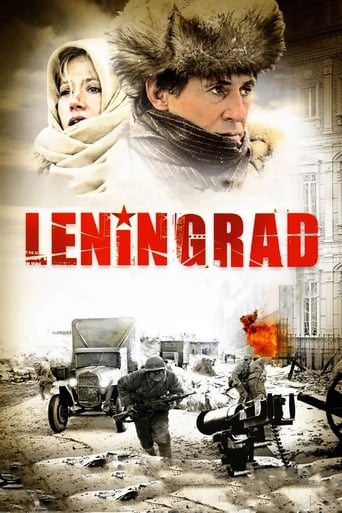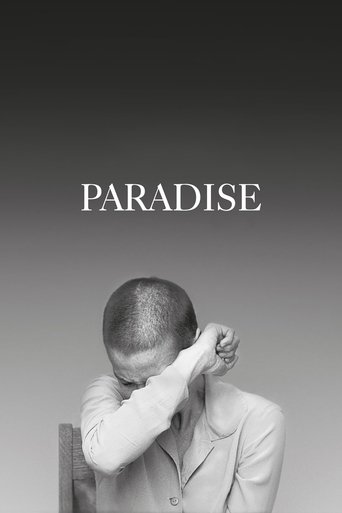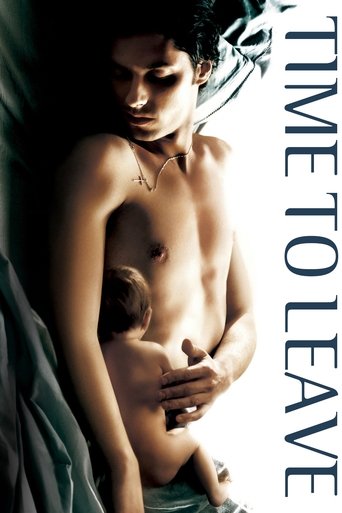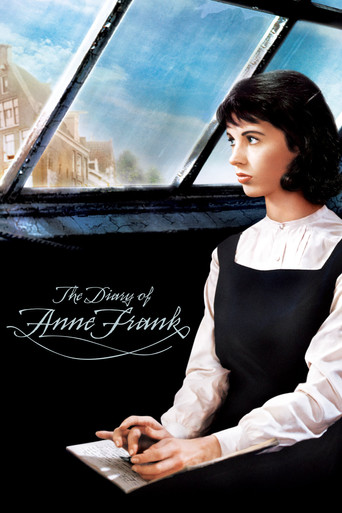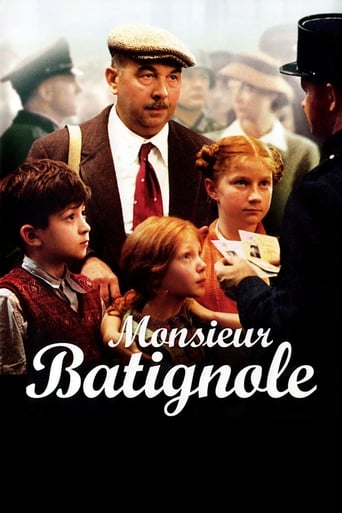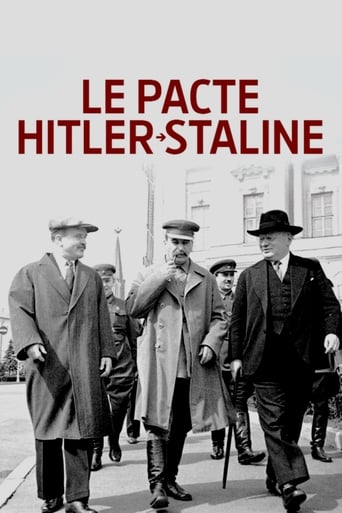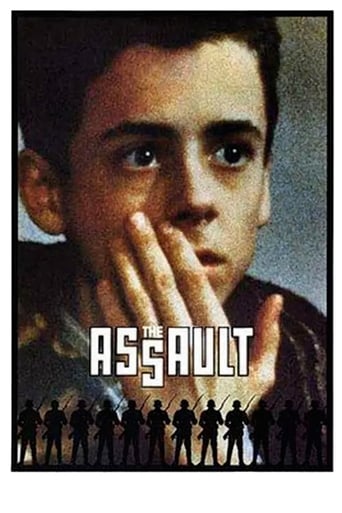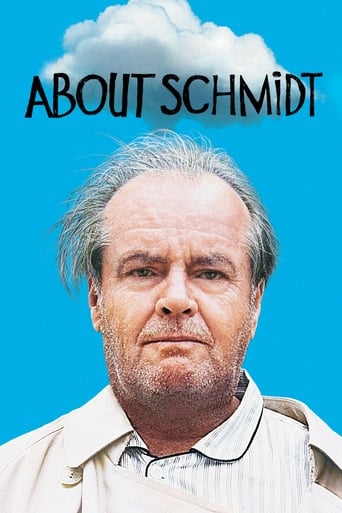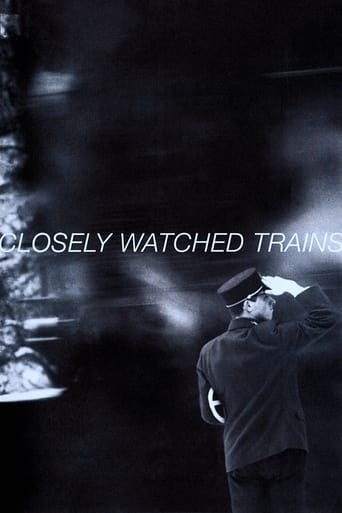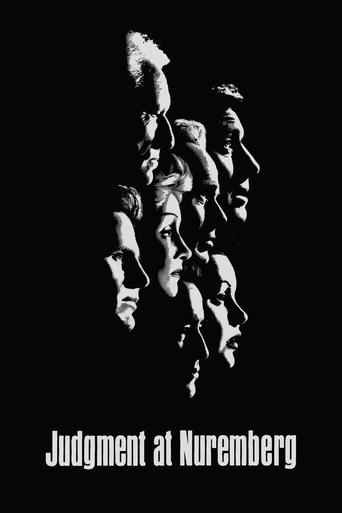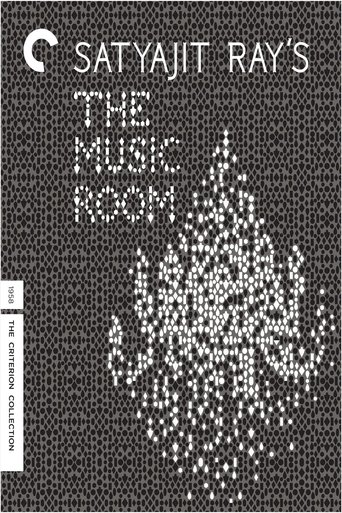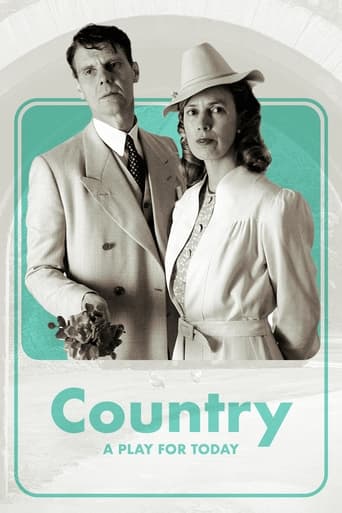
Country (1981)
In 1945, the Carlions assemble at an English country house for a family gathering. During the event, they must determine who is to take over the family brewing empire, since the present head of the business, Sir Frederick, is getting old. The results of the 1945 general election causes a major stir, and some angry farmers occupy a barn.
- Richard Eyre
- Trevor Griffiths
Rating: 7/10 by 1 users
Alternative Title:
Country:
United Kingdom
Language:
English
Runtime: 01 hour 22 minutes
Budget: $0
Revenue: $0
Plot Keyword: country house, world war ii, patriarch, war photographer, spanish civil war (1936-39), birthday party, family business , conservatism, ballroom dancing, male homosexuality, election, presumed dead, long lost relative, female journalist, family gathering, squatting, socialists, dinner party, missing daughter, christening, dead son, wealthy family, estranged family, wealth distribution, business successor
With WWII won, the "Carlion" family gather at their stately home in the run up to the British General Election. These are wealthy and privileged people who run a brewing business and it's their head "Sir Frederick" (Leo McKern) who is now looking to pass on the mantle. As with many family gatherings, the atmosphere quickly becomes quite toxic only here it's not just the mix of personalities that sparks, but attitudes. Politics in the kingdom is changing, attitudes are changing and the days of gentry and serf might well be on the way out as it becomes clear that Clement Attlee's socialist government is going to be running the country with quite a substantial mandate. McKern holds this together well providing a mix of stoicism and belligerence as his character has to deal with societal changes as well as those affecting his own role in his business and his family. Dame Wendy Hiller and Penelope Wilton also contribute well helping to illustrate the changing nature of the role of women in this brave new world, too. There are also references to the hitherto under-the-heal labouring classes who finally take their pitchforks in hand and gently (they are British, after all) make their presence felt. It's a little bit verbose at times, and Richard Eyre doesn't always manage to sustain the pace leading to maybe a few too many troughs amidst the undoubted peaks provided by a cast who present us with a familial equivalent of Janus - looking both behind them and to the front, left and then right, all at the same time unsure how to jump. Perhaps prophetic of a period of national "realignment" under Margaret Thatcher's newly elected government that was about to start as this was made?

